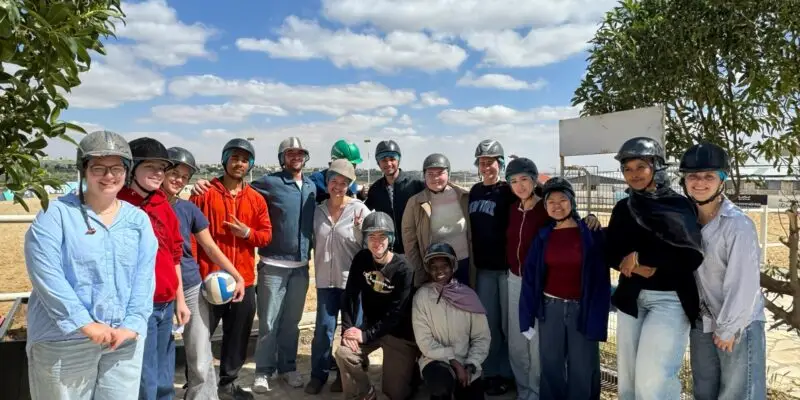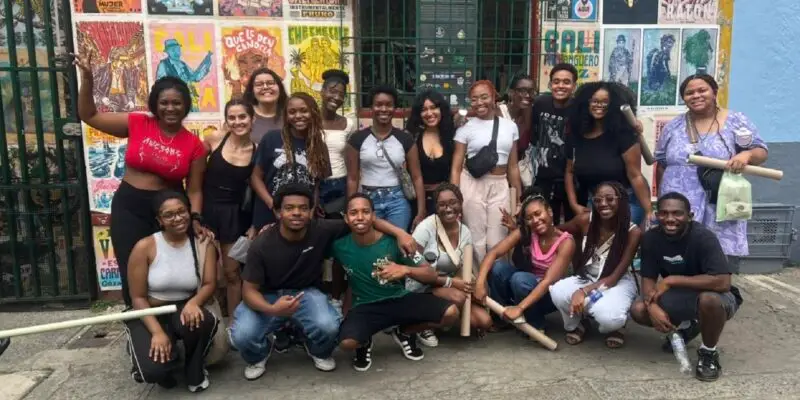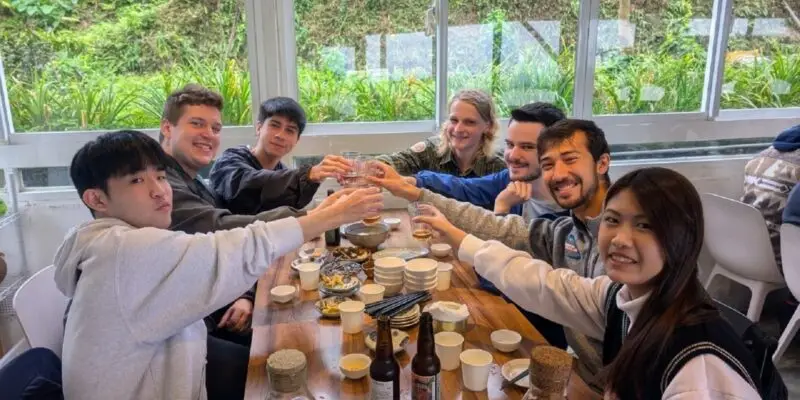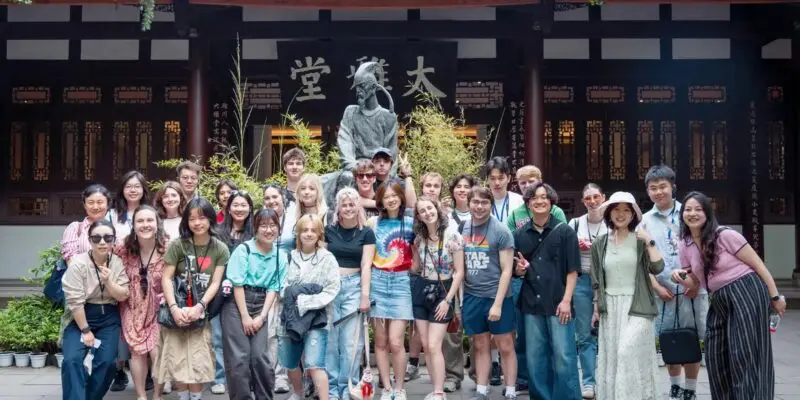
Sunshine and Fun Times in Jordan!
Photos by Annette Honey Hochstadt, (American University), Student Correspondent for CET Jordan, Spring 2025 Saheel Riding Center CET took us on a lovely trip to Saheel riding

Springtime in Japan
Photos by Lucas Hong (Rice University), Student Correspondent for CET Japan, Spring 2025 Unique Souvenirs from Japan Sakura season is a beautiful but fleeting time in Japan, and

Hangzhou and Hebei
Written by Alice Chen (Wofford College), Student Correspondent for Middlebury in Beijing, Spring 2025 Reconnecting After Spring Break After everyone separated and traveled all around China for spring

Lessons I’ve Learned While Abroad in Cali, Colombia
Written by Jasbeth Medrano, (University of Texas at San Antonio), Student Correspondent for CET Colombia, Spring 2025 Everyone knows “All good things come to an end”, but

Afternoon Tea at Maokong, Taipei
Written by Isaac Frank (University of North Carolina at Chapel Hill), Student Correspondent for CET Taiwan, Spring 2025 “Melita, this is NOT downhill.” 40 of us CET students

Beijing in the Spring and Traveling to Chengdu
Photos taken by Paul Douglass (Yale University), Student Correspondent for CET Beijing, Spring 2025 Beijing in the Spring Beijing, like many cities in China, is filled with green

Blossoms, Beaches, Bites, and more: Spring in Japan
Photos by Lucas Hong (Rice University), Student Correspondent for CET Japan, Spring 2025 Sakura Season in Full Bloom One of the most special parts about studying abroad in

CET Prague Traveling Seminar to Krakow, Mikulov, Vienna, and Budapest
Photos taken by Ilan Barnea, (Washington University in St. Louis ), CET Prague, Spring 2025 Krakow Our first stop on the Traveling Seminar was Krakow. I had never

Exploring Mount Nebo, Madaba, Dead Sea & Wadi Rum
Photos by Annette Honey Hochstadt, (American University), Student Correspondent for CET Jordan, Spring 2025 Trip to Mount Nebo and Madaba CET took us on a lovely trip

Back-to-Back-to-Back Activities in Beijing
Written by Alice Chen (Wofford College), Student Correspondent for Middlebury in Beijing, Spring 2025 Temple of Heaven (天坛) Middlebury in Beijing students and roommates teamed up with CET